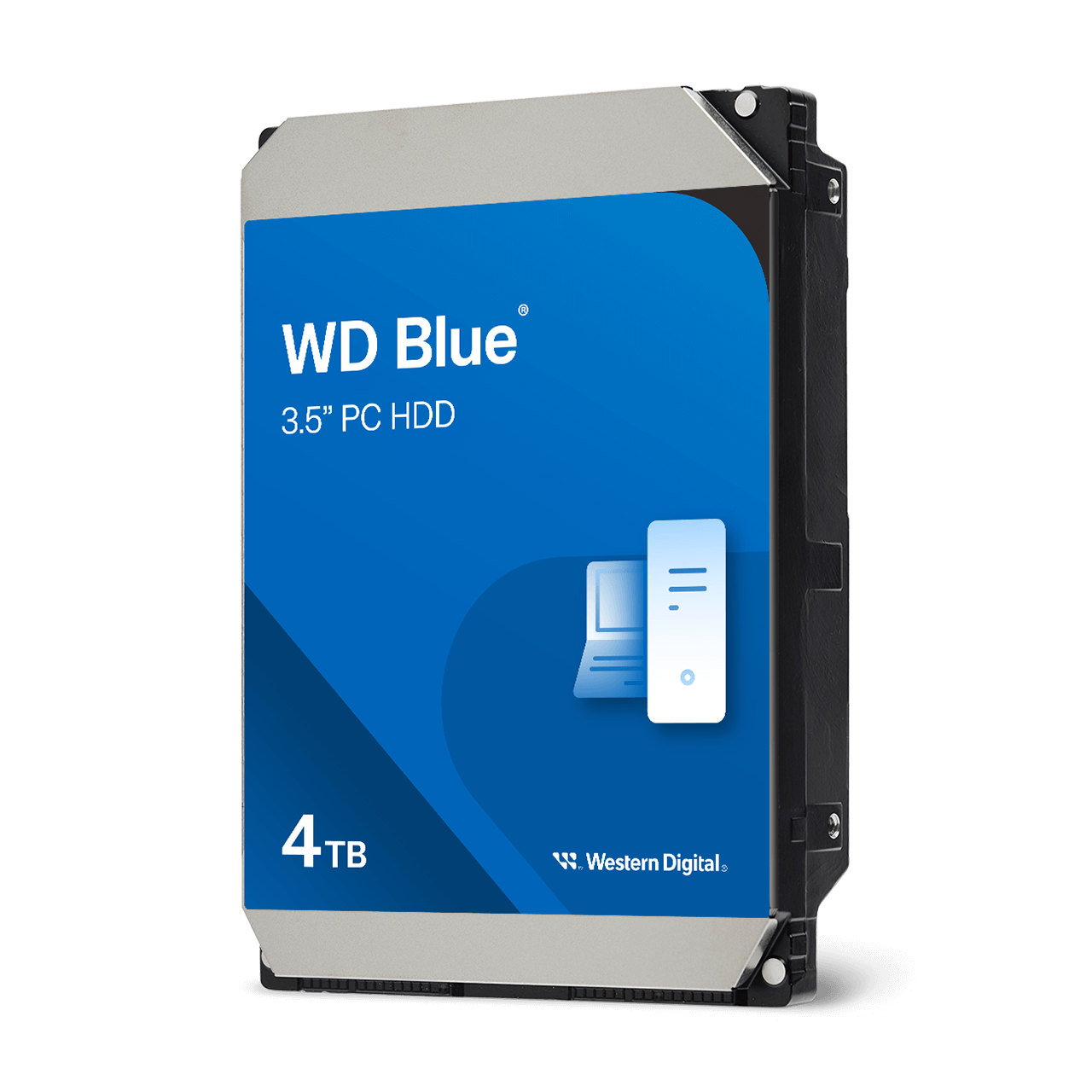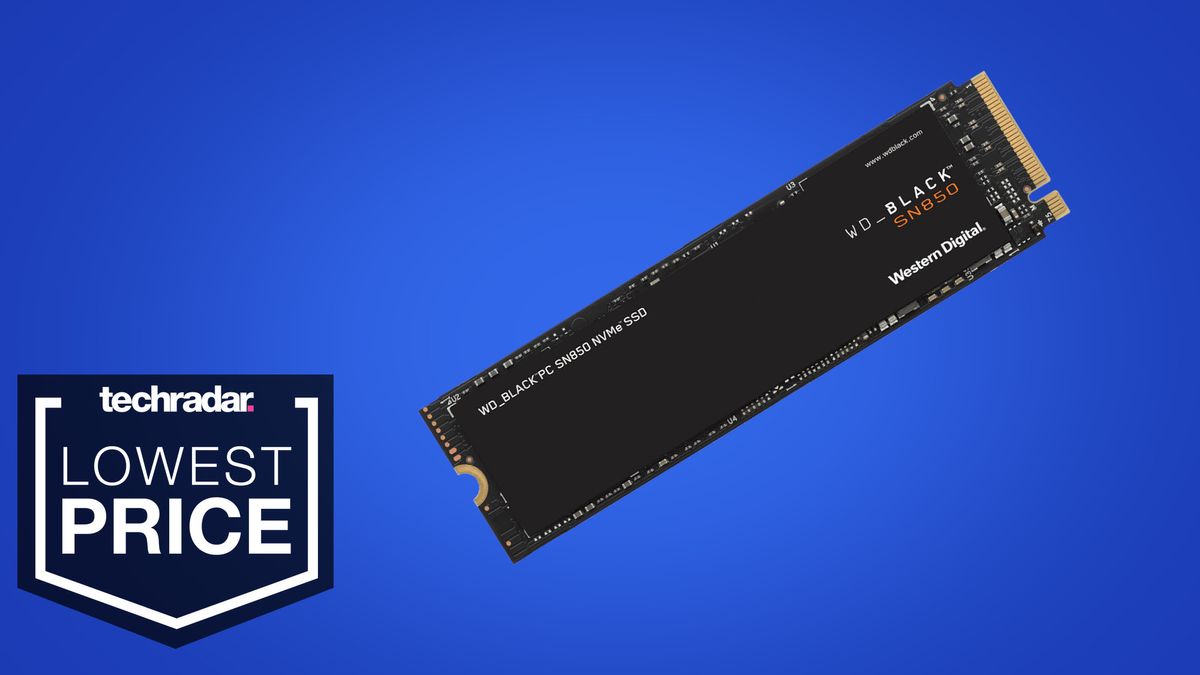
Western Digital's cream of the crop, the Black line, represents some of the best the company has to offer with traditional mechanical hard drives. You can still get higher capacities without breaking the bank, all while experiencing improved performance that is noticeably better than even a 7200 RPM HDD. The whole point of the FireCuda is to enhance the traditional mechanical hard drive. It's easy to get excited about the possibilities with this drive, but even a SATA SSD will still outpace it by a considerable margin. For games, it might help with initial load times after you've launched the game a few times. The benefits of the 8GB NAND aren't always readily apparent since the drive effectively learns your most used applications and loads them faster. At 5400 RPM, the drive itself is quieter and generates less heat. With SATA 6Gb/s support onboard, Seagate promises a 140MB/s read speed.

The flash unit speeds up read/write speeds. It features an embedded 8GB NAND along with up to 2TB of traditional storage to create an enhanced drive. In other words, competition still works.Not quite a hard drive, not quite an SSD, the Seagate FireCuda blends both storage types into one unit, an SSHD, if you will. Each cuts prices or keeps them low to win those sales, and buyers win, Handy said. That leaves just one way for each to move the maximum number of HDDs or SSDs: Steal market share from rivals. And despite overall demand for storage growing more than 40 percent per year, manufacturers are building out the capacity to feed that demand well in advance. Once vendors have poured all that money into tooling for a particular product, they each have an interest in getting as many units as possible out of those investments. That’s because both are largely commodity products that require huge investments in manufacturing capacity. While SSDs are replacing some enterprise HDDs, high-capacity hard drives in PCs and online storage are not threatened by flash, Handy says.Īnd the disk and flash businesses are going to keep punishing sellers while rewarding buyers, according to Handy. HDDs offer the best mix of speed and cost for storing much of that information.

Far from it, as cloud service providers like Amazon and Google try to keep up with the exploding amounts of data their customers need.

Despite fast-growing demand for solid-state storage for some applications, hard disks aren’t going away.


 0 kommentar(er)
0 kommentar(er)
